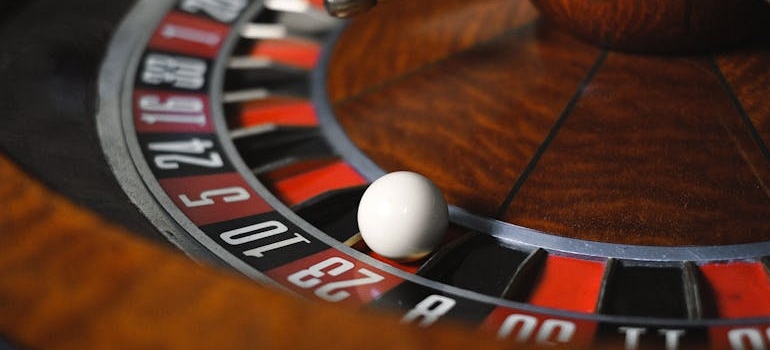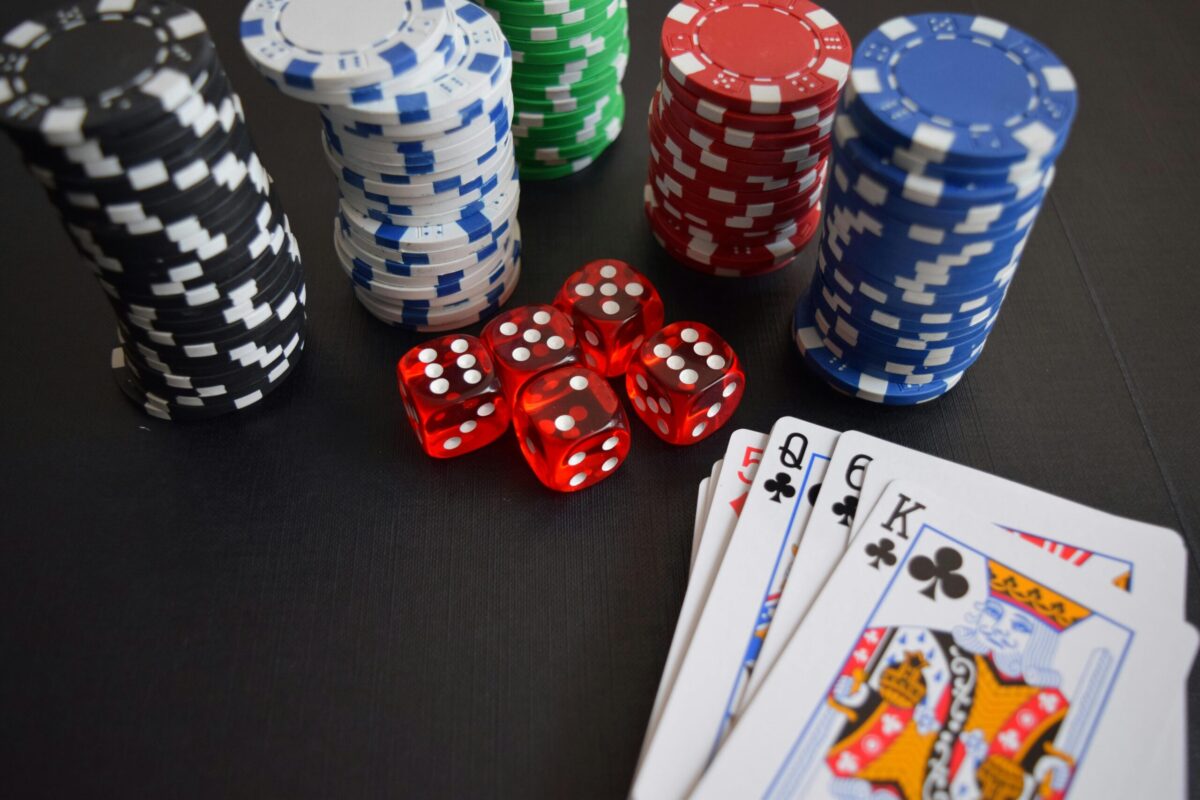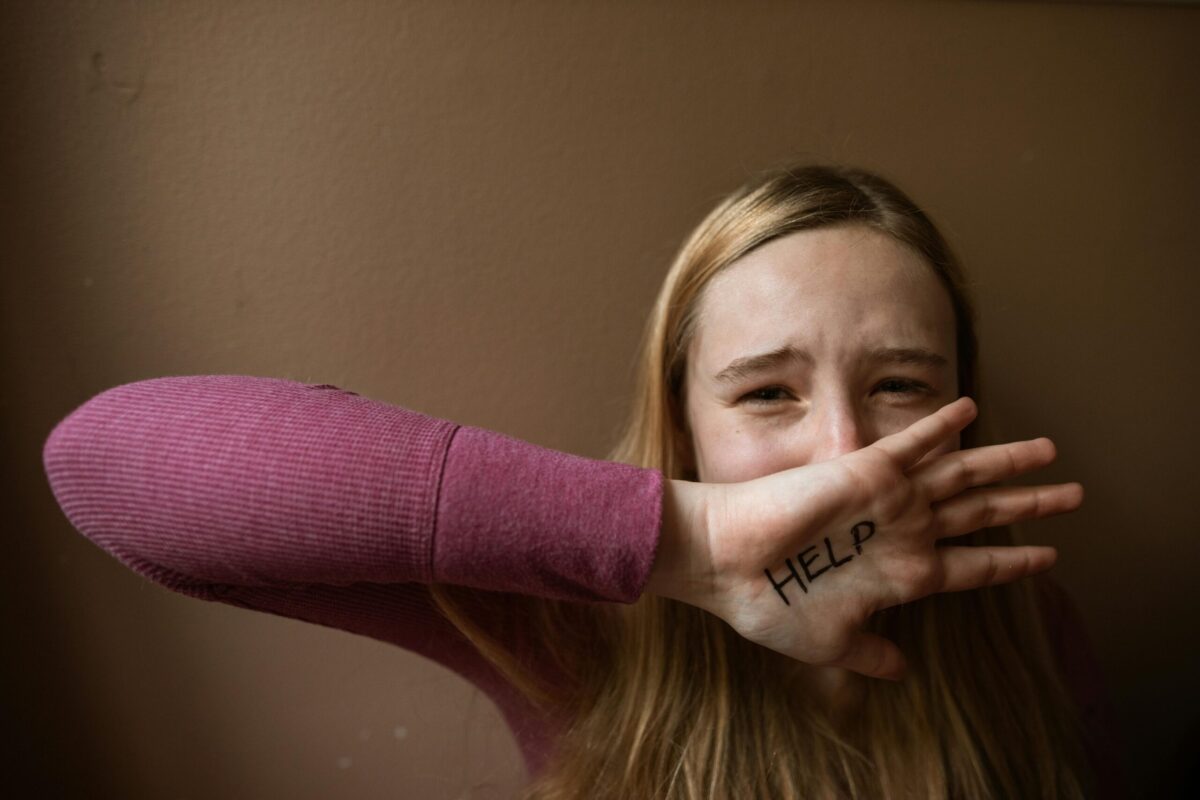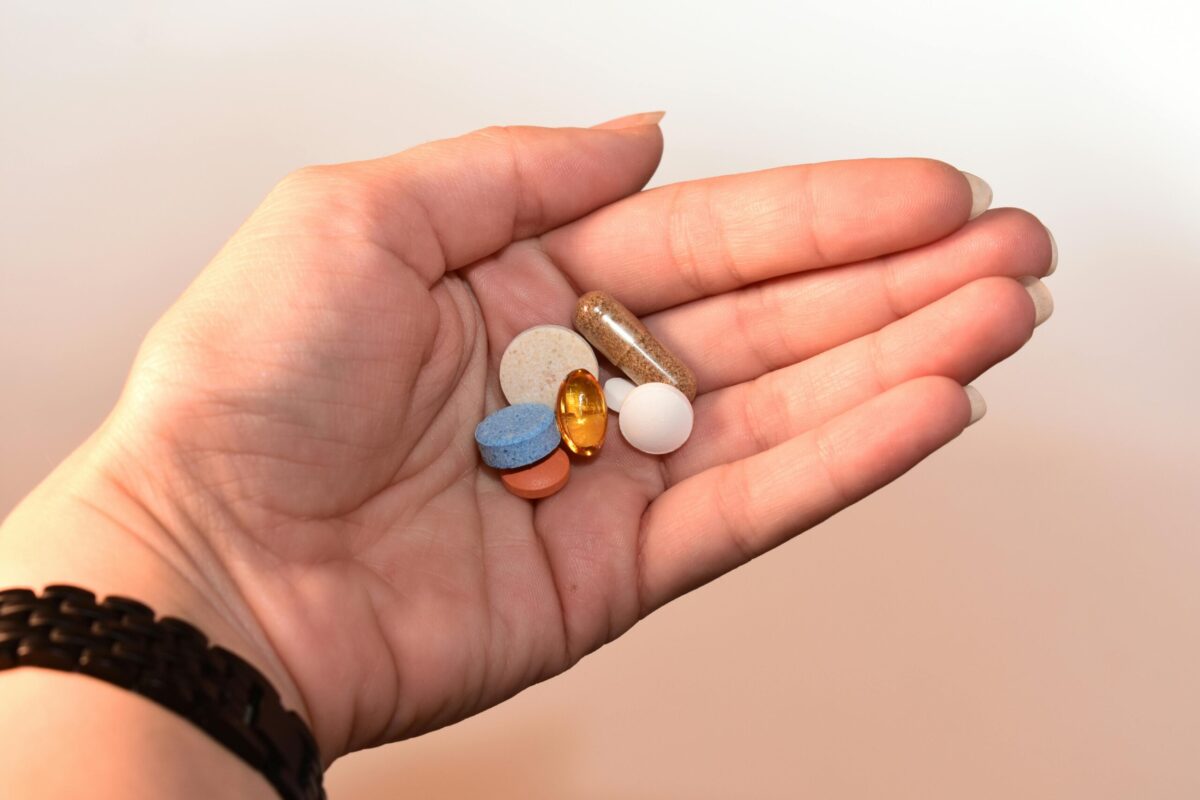You no longer have to walk into a casino to be tempted by gambling. Today, the casino comes to you through your TV, your phone, your favorite apps, and even during a sports game. The psychological impact of gambling ads is huge. These ads are carefully designed to create excitement, trigger emotional responses, and push impulsive behavior. If you are in recovery at some of the Greater Boston behavioral health centers, this can quietly undo the hard work you have put into recovery. East Point Behavioral Health in MA will tell you how gambling ads create hidden risks for relapse, how they affect your mental health, and what steps you can take to stay protected.
The Rise of Gambling Ads in Digital Spaces
You do not have to search for gambling to find it anymore. Gambling ads are built into everyday spaces, such as streaming platforms, social media feeds, mobile games, websites, and even news apps. Many people in recovery report seeing dozens of ads a day without even looking for them.
The psychological impact of gambling ads becomes stronger when exposure is constant. Algorithms track online behavior and use it to push more targeted gambling content. If you have ever searched for gambling-related topics in the past, ads can follow you across the internet, even after you have quit.
This creates a dangerous cycle when you are trying to stay in recovery. Even when you are working hard to avoid triggers, you are often forced to see offers for free bets, exciting jackpots, or instant win games. Over time, the impact of exposure to gambling ads on long-term addiction treatment becomes clear. Constant reminders make it harder to focus on healing, and they can chip away at the progress someone has made.

The Psychological Effects of Gambling Advertisements
When you understand what psychological effects gambling commercials have, you will be able to avoid their harm. When you see a gambling ad, it is not just showing you a game or a prize. It is working to trigger specific emotions and thoughts in your brain. Here is how gambling commercials influence people in addiction recovery:
- Exciting sounds and fast visuals: Many ads use flashing lights, upbeat music, and celebration sounds. These elements are designed to create excitement and lower your ability to think carefully.
- Emotional storytelling: Ads often show people winning big or finding happiness through gambling. This emotional pull makes you believe winning is easy and part of a happy life.
- Dopamine recall: Ads trigger memories of past wins by stimulating dopamine, the brain’s pleasure chemical. Even if you lost more than you won, your brain may focus only on the thrill.
- Memory cues: Specific sounds, images, or words can instantly bring back gambling urges. These cues can make cravings feel sudden and powerful.
Knowing when anxiety is driving risky gambling behavior can help you take control before emotional triggers turn into risky actions. The psychological impact of gambling ads becomes even more dangerous when these hidden tricks are repeated across the media you use every day. Knowing how ads work gives you the power to fight back and protect your recovery.

The Psychological Impact of Gambling Ads After Treatment
Gambling ads show how fragile recovery can be in a world full of constant triggers. Even after you stop gambling, triggers can pull you back into old patterns. Understanding how gambling ads affect recovery is important because these ads are not just background noise — they are active triggers.
You might think you are past the hardest part, but a single ad can bring back cravings, emotional highs, and false memories of easy wins. This is why many people in recovery report feeling an intense urge to gamble after seeing ads, even if they have been clean for months or years.
The psychological risks of gambling ads for recovering addicts are serious. Ads are built to make gambling feel normal and harmless. They can make you doubt your decision to quit or convince you that “just one bet” will not hurt. Over time, repeated exposure can lower your defenses and wear down your self-control.
It is even more complicated when other issues are involved. If you are also struggling with addiction or compulsive behavior, gambling ads can magnify emotional instability and make recovery even harder.
Even those in long-term recovery are not immune. In fact, being bombarded with gambling ads while trying to maintain emotional balance can feel like an emotional rollercoaster. You might experience excitement, guilt, anger, or sadness all within a short time. These emotions can quickly destabilize your recovery.

Are Gambling Ads Fueling Relapse?
Relapse can happen for many reasons, but gambling ads make it much harder to stay on track. You may not even realize how much these ads influence your emotions and decision-making until you feel the sudden pull to gamble again.
So, are gambling ads harmful to people recovering from addiction? The answer is yes. Gambling ads are designed to create urgency and excitement, which can easily break down the coping skills you have built during recovery. The psychological impact of gambling ads is enormous because they can reopen cravings that you thought you had left behind.
You might wonder, ‘Why do gambling ads trigger relapse in recovering addicts?’ Ads are timed and placed carefully, often during major sporting events or at times when excitement is already high. This is especially dangerous for those recovering from sports betting addiction, where ads are everywhere during games. They promise instant rewards, easy wins, and thrilling experiences, all of which can reactivate addictive thinking patterns. These triggers do not just create a desire to gamble; they can also stir up stress, anxiety, and shame.
This raises another question: are gambling ads harmful to mental health during recovery? Absolutely. When you are trying to rebuild emotional stability, being constantly bombarded with gambling messages can cause emotional swings and weaken your resilience. Feeling tempted, ashamed, or overwhelmed can push you closer to relapse without you even realizing it. If you notice that anxiety is driving risky gambling behavior, it is even more important to stay alert to advertising triggers.

Protecting Your Recovery: How to Reduce Exposure and Strengthen Resilience
You cannot control every ad you see, but you can take steps to protect your progress. When you understand the psychological impact of gambling ads, you can start building defenses that keep your recovery strong. Here are some practical ways to protect yourself:
- Limit your exposure. Install ad blockers on your browser and phone to cut down on pop-ups and targeted ads. Be mindful of the TV shows, sports events, and apps you use. If they are filled with gambling promotions, consider finding alternatives.
- Rely on support systems. Therapy and support groups can make a big difference. Online therapy for gambling addiction is a strong option if you need accessible support while avoiding triggers.
- Create a response plan. Be ready for moments when an ad catches you off guard. Your plan could include calling your sponsor, taking a walk, or reminding yourself why you chose recovery.
- Stay aware of your triggers. How can recovering gamblers protect themselves from advertising triggers long-term? Pay attention to when and where you feel the most vulnerable, and adjust your habits to avoid those situations.
Every small step you take to reduce exposure makes it easier to stay focused on your recovery goals.

The Need for Stricter Regulation and Public Awareness
If you are working hard to protect your recovery, it should not feel like a constant battle against gambling ads. Right now, there are very few limits on how, where, and when gambling ads can appear. Compared to rules for alcohol and tobacco marketing, gambling regulations are much weaker.
The psychological impact of gambling ads is real, yet public policies have not caught up. Without proper labeling, warnings, or controls on targeting vulnerable groups, you are left exposed to serious risks. There are also very few options to filter or block gambling content on popular platforms.
One important step in the United States was the Unlawful Internet Gambling Enforcement Act of 2006, which placed some restrictions on illegal online gambling transactions. However, broader regulation is still needed, especially when it comes to advertising that targets vulnerable individuals.
Stronger regulation could make a real difference. Public awareness campaigns, responsible advertising practices, and clear digital filter options would help protect people trying to rebuild their lives. Pushing for these changes will limit ads and give people in recovery a fair chance to heal without being constantly tempted back into harm.
Healing in a World Full of Triggers
Recovery is hard enough without constant reminders of past struggles. The psychological impact of gambling ads makes it even harder by creating emotional traps, cravings, and doubts when you are trying to move forward. You deserve a healing space that is not filled with triggers at every turn. Stay mindful of your media habits because online gambling addiction is more dangerous than ever. Set up protections where you can and reach out for support when you feel pressured. By understanding how ads work and staying alert, you can protect your progress and keep building a life that feels free, strong, and stable.



